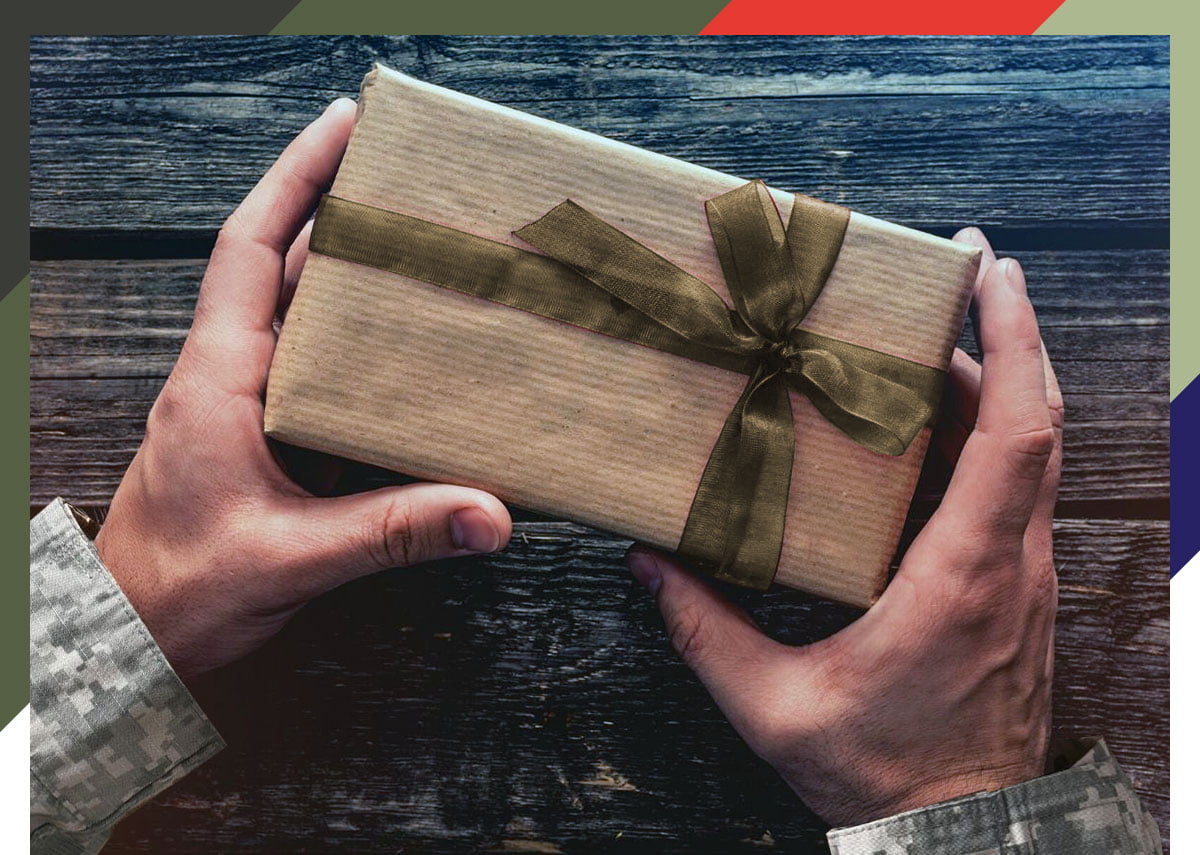Share How Much You Care with Snack Boxes for Deployed Troops
Distance makes the heart grow fonder, as the old saying goes. This is especially true when your soldier is deployed overseas or stationed on a far-away military base, and you miss out on the daily interactions you normally get to enjoy when they’re safe at home.
Maintaining a long-distance relationship of any kind — romantic, familial, or friendship — can be tough. That’s because when you’re far apart, it takes more effort to stay connected emotionally. No matter how many letters you send or phone calls you make, the distance never shortens.
However, you can make your long-distance relationship a little easier with these tips.
Find a Way to Communicate that Works For Both of You
Maybe you feel like you need daily phone calls to keep in touch, or you wish your soldier mailed you more heartfelt letters instead of the short notes you’ve been receiving. Perhaps your soldier’s schedule is busy and exhausting, so they are unable to fulfill those wishes. It could also be the other way around, too!
Before accusing your partner, family member, or friend of forcing you to do all the work in the communication department, discuss both of your expectations for communicating: type of communication, frequency of communication, and duration of communication.
Types of communication are things like phone calls, letters, emails, video calling, and social media chats. Frequency means how often you communicate. Duration means how long you set aside to communicate for each time you talk. Deciding on each of these three communication categories helps you set expectations so no one feels disappointed.
Prioritize The Relationship
When you make your relationship a priority, the relationship remains strong. The moment one person begins to prioritize other duties or leisure activities over the relationship, it will be difficult to fully recover from. For example, if you call your son or daughter where they’re living on base, and they never want to talk to you, you might subconsciously call less frequently. If your soldier writes you letters every week, but they never receive one in return, their letters might subside over time. Instead, when you prioritize the relationship, including communication, you show that you care for the other person.
Continually Show You Care
Actions speak louder than words — another old saying that we think is true! You can tell someone verbally how much you care about them every minute of the day, but if you don’t act like you care, then your message doesn’t seem genuine.
One way to show your soldier you care is by sending military care packages or subscription snack boxes to them wherever they are stationed, even if they are overseas. It’s even more meaningful if that care package was created and shipped by an all-American company, with all-American suppliers. At My Hero Crate, that’s exactly what we do! You can choose a monthly subscription or a one-time shipment of one of our care packages for soldiers to make your loved one smile and think fondly of you, no matter how many miles separate you. And yes, we deliver these military-member gifts anywhere in the world, included in the price of the care package.
Other ways to show you care are:
- Planning surprises or special outings when they visit home
- Upholding your end of the bargain, by always responding to communications and keeping your promises
- Supporting military members in any capacity you can, such as through donation drives, or simply in your daily speech and actions
No matter what method you choose to express how much you love your soldier, they’re sure to feel the energy that exudes when they talk to you or spend time with you.
We think that by following these tips, you’re sure to maintain healthy relationships with your loved ones in the military.


